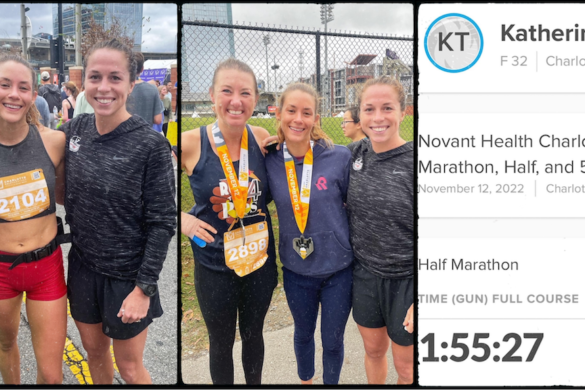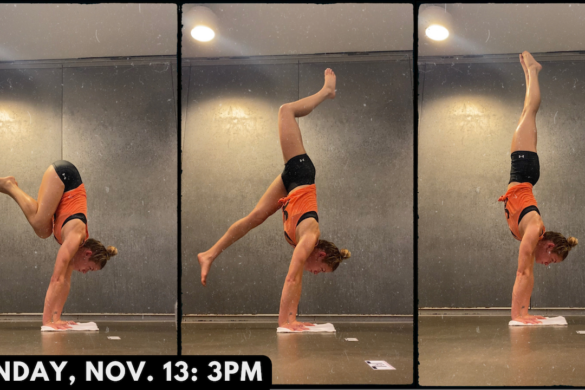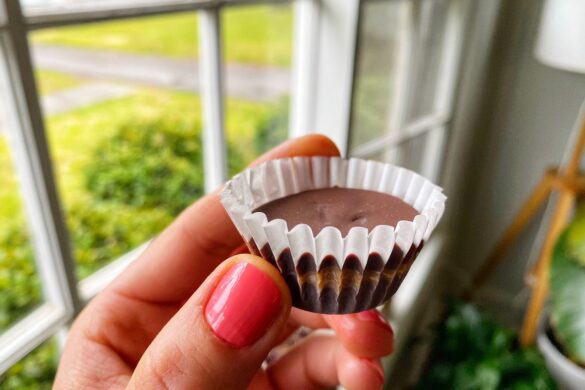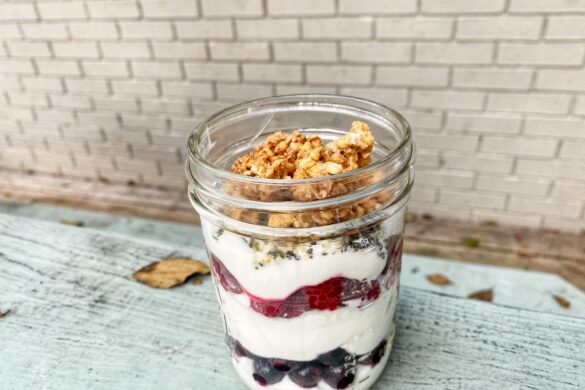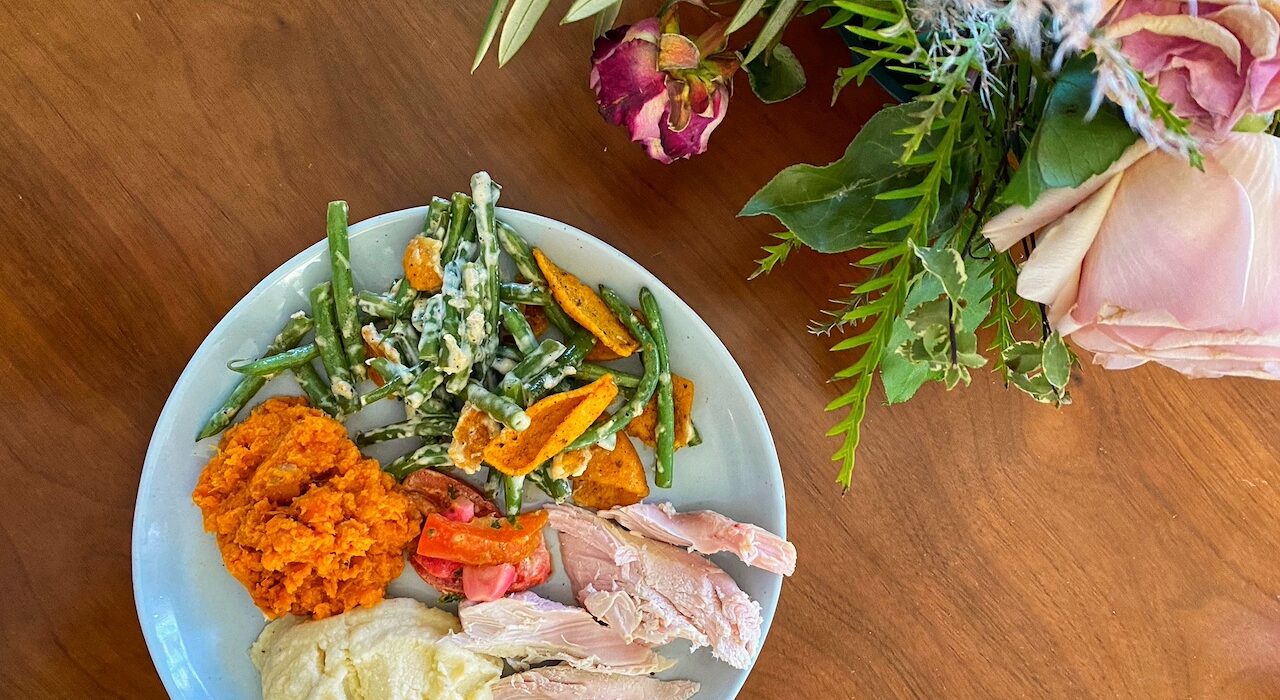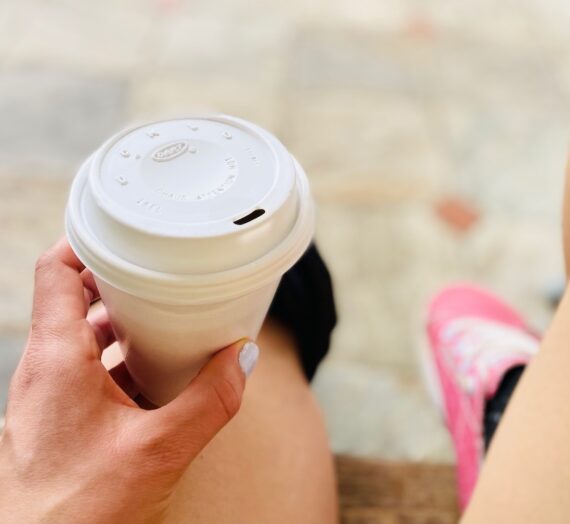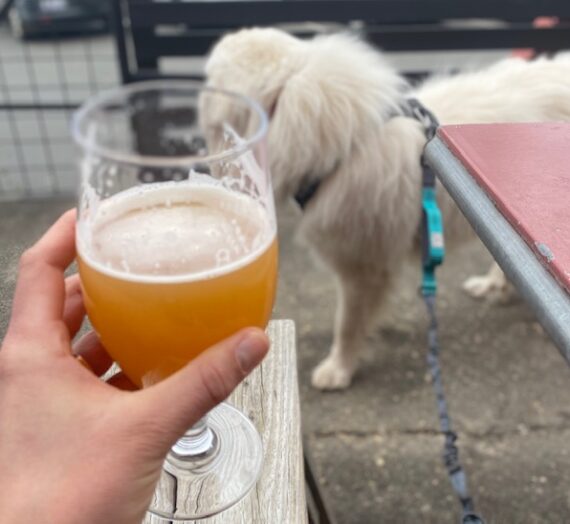Sometimes our hunger cues go offline and we need to eat out of self-care, not hunger. This concept came up during an episode of the Fit Cookie Nutrition Podcast I was listening to. It came up at the perfect time, when I was going over a client friend’s food journal and noticed a pattern of him feeling “strangely not hungry” multiple times in just one week.
Maybe you’re training intensely for something, like a marathon, and your hunger cues aren’t kicking in after a long workout. High-intensity or long workouts cause the body to send blood to muscles like the legs and heart, which are clearly critical to the workout. Less blood flow is left to support the digestive system, so digestion slows down.
Or maybe you’re stressed. Your body releases the stress hormone cortisol, which boosts acid production in the stomach to help digest food quickly to fuel the fight-or-flight response. This often stimulates, but can also dull, hunger cues.
In my client’s case, a conversation turned up the fact that when he encounters a lot of stress, the “strangely not hungry” sensation comes up. Which isn’t strange at all, when you know what’s causing it.
I’ve actually experienced the loss of hunger cues multiple times myself, most memorably after a couple of different half marathons. Brunch was the next thing on the schedule but I also felt like I was going to vomit.
But these are two key times – times of stress and times of post-intense-workout recovery – to consider trying to eat something, even if your hunger cues offline. That goes against intuition, yes, but practicality and knowledge of what your body really needs can play an important part in your nutritional intake.
With stress, I recommended my client try making a balanced meal anyway – he was originally defaulting to a handful of chips or something like it, which sounded decent to him. Not that chips aren’t an option, but add something to those carbohydrates: healthy fat, protein and plant color. Try to eat a little bit of that and see if it’s satisfying without going over the comfortable fullness threshold. You can always put what’s uneaten into a tupperware for later, but at least try to get some bites of your balanced plate down to fuel your body.
This Runner’s World article suggests a similar approach for post-workout fuel. Get something down when it’s time to eat in the hour after your intense workout – think a hydrating smoothie packed with protein, like a powder, and carbohydrates, like a banana and blueberries. If you can’t stomach more food to get healthy fats and additional plant color in, chances are your digestive system will kick back into gear and will be ready for a fuller meal a few hours after you’ve stopped moving.
The main point: try to fuel your body when you know it’s time for a meal, but when you also recognize that your hunger cues are offline due to stress or high-intensity training. Notice energy and satisfaction levels in the hours after – did trying to get some fuel in serve you well?


